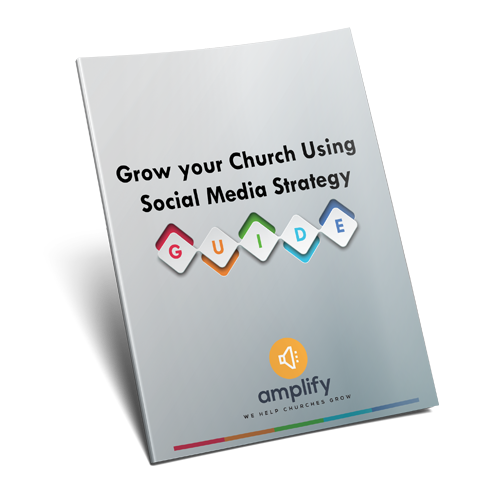Pastor Henry Williams recently reviewed Zero to Sixty on his blog. Here's what he had to say about the book:
I really like this kind of book by Bob Franquiz, Zero to Sixty: 60 Principles and Practices for Leading a Growing Church–fast-paced and reads like a series of "best-of" blog posts. Lots of great ideas and leadership wisdom. I've been following Bob's blog for some time, so it was exciting when my then 79-year-old uncle told me he had found a great church close enough to his house to ride there on his three-wheel bike…and it was Bob's church. This church is growing fast (and reaching out to my family in the Miami area). Also warms my heart that he's a fellow Cuban-American!
Bob also has a church leadership site with lots of resources–Church-Strategies.com. We've gotten a couple of his seminars on CD and come away with dozens of take-aways.
Here are some highlights (there are some very helpful principles here applicable beyond church leadership):
- [This book's] purpose is to highlight the conversation topics that often don’t make it to the platform at major Christian conferences, yet fill everyone’s conversation during the breaks.
- [Questions Bob asks other pastors from growing churches in his area:] How did your leadership style change between 250 and 500? What was the biggest barrier to your growth at my stage? How has a growing ministry impacted your family? What were your key staff hires that helped you get to the next level? What makes our city unique, and of what should I be aware?
- Pastor, the first thing that you put on your schedule (and should not be moved unless it is a life or death emergency) is your study time.
- I have learned that the people who can help us the most are those who are one or two steps ahead of us. If you are leading a church of 100, find a pastor of a church of 200-300 that has a similar style to yours…
- What will make or break your church is deciding who will be the people that lead and represent the organization–the staff.
- We know what numbers such as 98.6 or 120/80 mean–they’re gauges of our physical health. Likewise, we look at gauges on the dashboard to see if our car is “healthy”; if something lights up or goes into a red zone, we know there’s a problem. In the same way, churches have metrics–numbers that speak to the health of the body of Christ or to our need for help. The Bible says, “Know well the condition of your flocks, and give attention to your herds” (Proverbs 27:23).
- This may be the most contrarian thing I say in this chapter, but I rarely talk to moms on Mother’s Day. Think about it, the moms in your church say one thing to their family on Mother’s Day: “All I want for Mother’s Day is to go to church with my whole family.” If this day is the one time we reach guys who never go to church, I want to teach a message that will connect with them.
- Your weekend services are the most important event in your community. Parades don’t matter as much, associations don’t matter as much, and PTA gatherings don’t matter as much. The most important hour in your community is what happens in your church on Sunday mornings. Now, are you executing your weekend services in light of that reality?
- So what is your facility saying? Is it shouting, “We don’t care?” Is it saying, “We are passionate about God and people?”
- The purpose of goal setting isn’t simply to attain the goals you set. The primary purpose of goals is to make us the type of person who can reach these goals. This is the reason I pray and set goals. It is because I want to continue growing as a follower of Jesus and as a leader.
- Too many times in the church, we shy away from challenging people because we don’t want to offend. Truth be told, the only people who get offended when we lay out a challenge are people who don’t want to grow.

